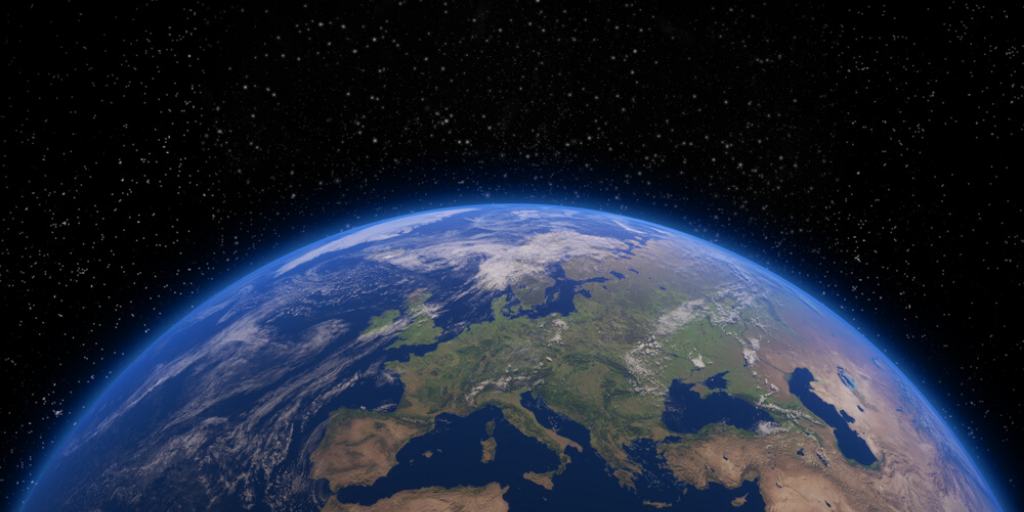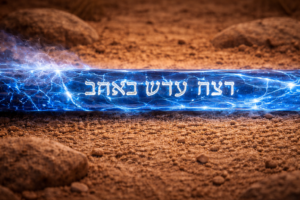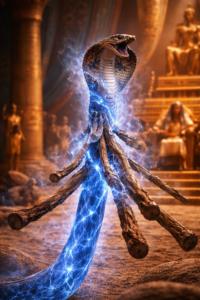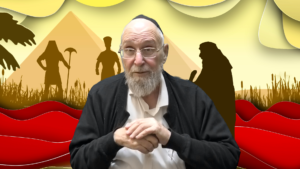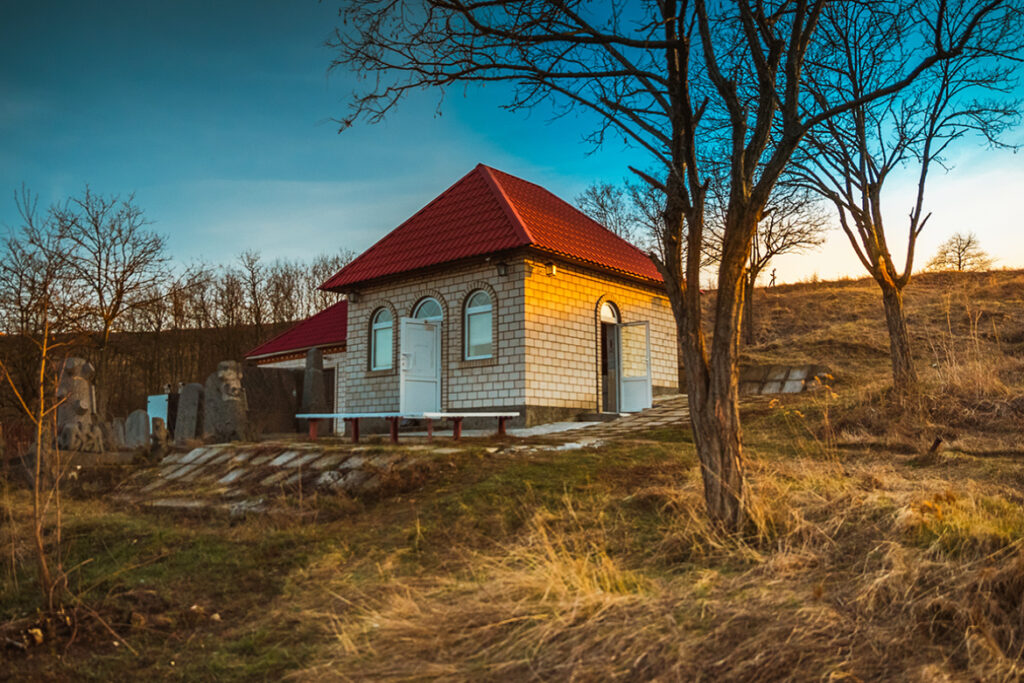Shining in the Dark
As we begin to read the Torah once again, various episodes are recounted. These are not just the random happenings of the world so many years ago, but reflect an exact plan of events that God, in His tremendous wisdom, designed to take place in the most calculated way. By carefully probing and analyzing these episodes, we can discover tremendous insights into the world around us.
Interestingly, God chose to first create the world in a state of darkness and only afterwards created light. Why didn’t He create both of them from the very beginning? Furthermore, the Torah lists night as preceding day: “God called the light ‘day,’ and the darkness He called ‘night.’ There was evening and there was morning, one day” (Genesis 1:5). Why does Jewish time always begin with night?
In the beginning, God’s light was omnipresent. In order to create the world, He needed to “make room” for His creatures to exist. The Kabbalah teaches that God constricted His light to the sides, leaving a “vacated space” in which Creation could take place. This initial act of darkness effectively concealed His Godliness from creation and is the cause of His hiddenness in the world to this day. Only later did God channel His endless light to the now vacated space (see Eitz Chaim 49, 64).
We see this same model of constriction and revelation in nature. For example, when someone wants to grow a fruit, he must first plant a seed in the earth. The seed starts in darkness and then sprouts over-ground. The tree grows and develops branches, twigs and leaves before it actually produces the fruit. The fruit itself receives nourishment through the branches, the trunk, and other parts of the tree that are inedible.
Similarly, a baby is formed in the darkness of the womb. As it grows and develops, it receives all its nourishment through the umbilical cord and placenta. After birth, these organs—the very life-force of the fetus—will be discarded as waste. In this case, too, a new creation starts in darkness and only later comes to light.
“The earth was formless and empty, with darkness upon the face of the depths, and the spirit of God hovered above the surface of the waters” (ibid. 1:2). This means that God’s throne of glory was hovering in the air above the waters (Rashi, ibid.). The throne of God is the mother of life, the place where all of our souls were formed. But since God first created the outer shell of darkness, we are often blinded and cannot perceive the pure and shining roots of our souls.
Because of the darkness, we also have trouble finding God. To reveal God in His hidden world, we must first remove the outer shells and coverings of everything in creation and every challenge that we face in our lives. Yet when we try to discover Him in places that are seemingly detached from holiness, the very remoteness of these places causes our spiritual forgetfulness. More than anything else, our place in life causes us to act in ways utterly removed from the greatness of our souls.
Our Sages teach, “Do not judge your friend until you have reached his place” (Pirkey Avos 2:4). Who is fit to judge? Only God Himself can judge, because every place is contained within Him; only He can truly say He is familiar with all of the various places that we find ourselves. In God’s eyes, our struggles are understandable. Therefore, He judges us favorably, and waits for us to cry out to Him so we may regain the memory of our true roots.
Based on Likutey Halakhot, Orlah 4
- 0 comment


